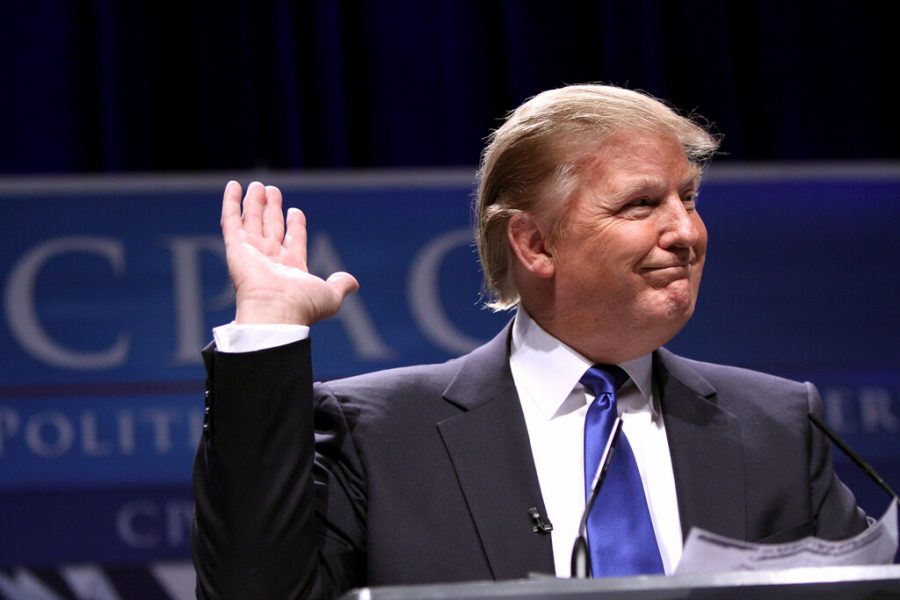Trump continues to oppose mail-in voting, Republican party concerned
President Donald Trump’s operation to prevent mail-in voting for the elections this fall is raising fears among Republicans – especially in swing states – that his actions could negatively affect their party, come election night.
According to Newsweek, GOP senators said on Thursday that the president’s attacks on mailed ballots are false and should stop as Trump posted more false claims to his Twitter.
On Sep. 17, Trump continued expressing his dismay at the reality of mail-in voting in November, building upon criticisms he has made this week, by objectively tweeting about the practice.
Recently, the president has sought to discriminate between states that habitually give mail ballots to all eligible voters and those that make people submit a postal ballot, but he has gravely skewed the procedure.
On Aug. 24, Trump said in a press conference that turning to mail-in voting for the elections during the coronavirus pandemic is “the greatest scam in the history of politics” because it may lead to voter fraud. However, according to NPR, there is no evidence to back his claim of the possibility of this.
It has been six months since he initiated his plan to block universal mail-in ballots, and Trump has still not stopped any state from giving voters the “unsolicited ballots” he believes will lead to fraud.
Voter fraud has proven to be rare. Based on analyses of previous elections, the Brennan Center for Justice in 2017 said that the probability of ballot fraud lies between 0.0003 percent and 0.0025 percent.
Trump said that other votes would be harvested by specifically Democratic individuals who go door-to-door to gather ballots not submitted by the electorate. Furthermore, he says some states do not validate signatures on ballots. He did not back his claims.
According to AP News, Trump’s efforts are currently being challenged in court in the states of Nevada, New Jersey and Montana. In California, his challenge was avoided by the state legislature.
Political scientist and law professor Rick Hansen, in a recent New York Times op-ed, said that the president has made “at least 91 attacks on the integrity of voting so far this year (and more than 700 since 2012) and backed up his complaints about mail-in ballots with lawsuits in Pennsylvania, Nevada and Iowa.”
Hansen also said, “We cannot count on Mr. Trump to speak responsibly about the fairness of the 2020 vote count. Indeed, he is one of the biggest threats to the integrity of the election.”
Social media outlets, such as Twitter, have taken action to flag Trump’s mail-in ballot tweets with a link that leads to an information webpage that explains why voting by mail is “safe and secure.”

Amanda is a senior majoring in communication with a concentration in journalism, and a double minor in political science and English. She has been involved...






